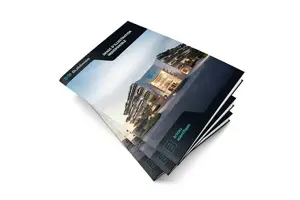Since several decennia, the deep soil mix (DSM) technique has been used for ground improvement (GI) applications. In recent years, soil mix walls (SMW) have become an economical alternative to traditional excavation support systems. The Belgian building market has also witnessed such development with the growing use of the Cutter Soil Mix (CSM), the Tubular Soil Mix (TSM) and the CVR C-mix® systems (Denies et al., 2012a). Unfortunately, standardized guidelines for SMW design are not currently available. For the purpose of developing such standard, mechanical characteristics of DSM material must be investigated. Within the framework of a Flemish regional research program (IWT 080736), DSM materials from 38 Belgian construction sites, with various soil conditions and for different execution processes, have been tested. Test results are detailed in Denies et al. (2012b). Beyond the site conditions and the execution technique, the preparation of the test specimens is an important issue and can have an influence on the test results. For that reason, the present paper focuses on the sampling, the transport, the storage, the handling and the preparation of the DSM test specimens. In addition, two methods to quantify the volume of unmixed soil inclusions in the mix are presented.
